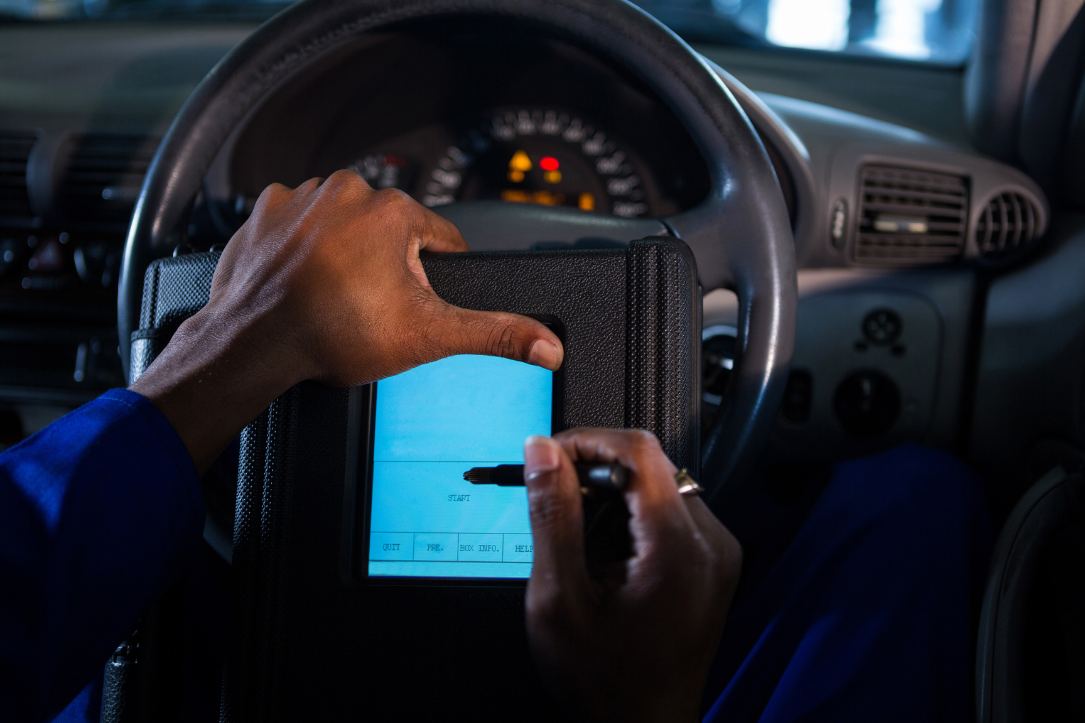Buying a car is a significant decision no matter where you are in the world, but when it comes to Africa, there are some unique considerations to keep in mind. Africa is a vast and diverse continent with its own set of challenges and opportunities when it comes to purchasing a vehicle. Whether you’re a local resident or an expatriate moving to Africa, navigating the car-buying process can be daunting. In this guide, we’ll walk you through the essential checklist to help you make an informed decision and find the right car for your needs in Africa.
- Determine Your Budget:
- Consider not only the upfront cost of the car but also ongoing expenses like insurance, maintenance, and fuel.
- Keep in mind import duties and taxes which can significantly increase the cost of buying a car in some African countries.
- Research financing options if you’re planning to take out a loan.
- Research Local Market Conditions:
- Understand the local automotive market, including popular car brands, models, and prices.
- Check local regulations regarding vehicle imports, emissions standards, and roadworthiness requirements.
- Research resale values to understand how well different car models hold their value over time.
- Choose the Right Type of Car:
- Consider your needs and the conditions of the roads in your area. SUVs and 4x4s are often preferred in rural areas with rough terrain.
- Fuel efficiency is crucial, especially in regions where fuel prices can be high.
- Think about the availability of spare parts and maintenance services for different car brands and models.
- Inspect the Car Thoroughly:
- Whether buying new or used, always inspect the car yourself or hire a professional mechanic to do so.
- Check the vehicle’s history, including previous accidents, maintenance records, and ownership history.
- Test drive the car to ensure it meets your expectations in terms of performance and comfort.
- Negotiate the Price:
- Don’t be afraid to negotiate, especially when buying from a private seller or small dealership.
- Research the market value of the car you’re interested in and use that information to negotiate a fair price.
- Be prepared to walk away if the seller is unwilling to negotiate or if the price doesn’t meet your budget.
- Arrange for Proper Documentation:
- Ensure all necessary paperwork is in order, including the vehicle’s title, registration documents, and insurance.
- If buying from a dealership, make sure they handle the paperwork properly.
- Be aware of any additional fees or taxes associated with registering the vehicle in your name.
- Consider After-Sales Support:
- Find out about the availability of warranty coverage, service centers, and spare parts for the car you’re buying.
- Choose a reputable dealership or seller that offers good after-sales support.
- Understand the process for getting repairs done and the warranty terms and conditions.
Conclusion: Buying a car in Africa requires careful consideration and research, but with the right knowledge and preparation, you can find a vehicle that meets your needs and fits your budget. By following this essential checklist, you’ll be well-equipped to navigate the car-buying process in Africa and make a confident decision. Whether you’re exploring the urban streets of Nairobi or venturing off-road in the Serengeti, your car will be your trusted companion on your African adventures.



